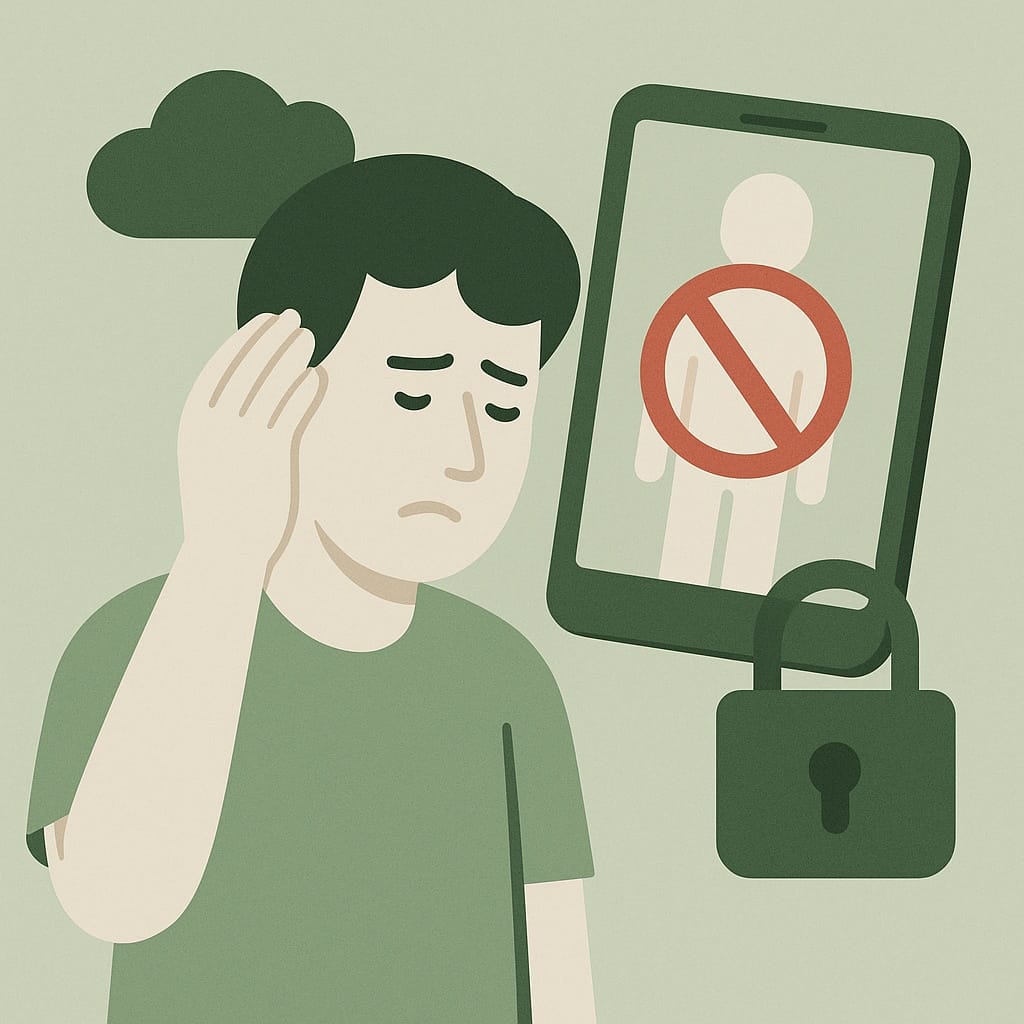
Introduction
Sextortion crimes, especially those known as 몸캠피싱 in South Korea, extend far beyond digital boundaries. Many victims experience trauma that affects not only their emotions but also their physical and psychological health. They often struggle with anxiety, insomnia, depression, panic attacks, and even suicidal thoughts.
Although legal and cybersecurity teams offer crucial support, people often overlook the medical and mental health aspects of recovery. In this article, medical professionals share practical advice and evidence-based strategies to help victims heal after such incidents.
Understanding the Medical Impact of Sextortion
Sextortion creates a constant state of psychological stress. Victims often experience:
- Hypervigilance and paranoia: Constant fear of exposure leads to a perpetual fight-or-flight state.
- Chronic insomnia: Fear of night-time leaks can result in weeks of sleepless nights.
- Somatic symptoms: Stomach pain, chest tightness, migraines, and even nausea are common.
These aren’t just emotional responses but, they’re physiological ones, and they require proper attention.
1. Seek Immediate Psychiatric or Psychological Support
Many victims delay seeking professional help out of shame. However, early psychological intervention can dramatically reduce long-term trauma. A licensed psychiatrist or psychologist can help in the following ways:
- Acute Stress Disorder (ASD) and PTSD screening
Victims should be assessed for signs of trauma-related conditions within the first month. - Cognitive Behavioral Therapy (CBT)
CBT helps reshape thought patterns and reduce obsessive worry about exposure. - Medication for severe symptoms
If symptoms include panic attacks, major depression, or suicidal ideation, short-term medication may be necessary.
Tip: Seek therapists who specialize in cyber trauma or sexual coercion, as they are better equipped to understand the unique challenges involved.
2. Address Physical Symptoms with Medical Help
While the psychological wounds are deeper, the physical symptoms should not be ignored. Visit a general practitioner or psychiatrist for:
- Sleep disorders: Melatonin or light-dose sleep aids may be recommended.
- Heart palpitations or chest pain: These may be signs of panic attacks or high blood pressure and must be assessed.
- Appetite loss or gastrointestinal distress: Stress-related IBS (Irritable Bowel Syndrome) is common and treatable.
3. Consider Digital Exposure Trauma Counseling
New counseling disciplines now specialize in digital trauma. Services like DrPhishing offer both content takedown and trauma-informed guidance. Their solutions often include:
- AI-based content detection and removal
- Psychological guidance via chat or anonymous therapy
- Progress tracking and recovery counseling
Such hybrid services help bridge the gap between digital protection and psychological recovery, especially for victims who are not ready to speak openly.
4. Build a Safe and Controlled Environment
Creating a safe environment is essential for healing. Consider the following:
- Digital detox: Temporarily limit use of social media, especially platforms where the threat originated.
- Safe zones: Choose locations where you feel emotionally safe, such as libraries, co-working spaces, or close friends’ homes.
- Support network: Confide in 1–2 trusted people. Isolation worsens trauma, while sharing reduces shame.
5. Rebuild Control Through Routine
Trauma is a form of psychological chaos. Reintroducing routine helps:
- Re-establish a sense of agency over time.
- Stabilize sleep, meals, and social interactions.
- Give the brain structure to focus on recovery.
Even a simple routine of morning walks, journaling, and therapy appointments can build resilience.
6. Understand the Role of Shame and Reframe the Narrative
Shame is one of the most destructive byproducts of sextortion. Victims often feel:
- “I should’ve known better.”
- “I can’t face anyone anymore.”
This narrative is false and harmful. Remember:
- You are the victim of a crime, not the cause of it.
- The responsibility lies entirely with the criminal, not you.
- Recovery does not mean forgetting—it means reclaiming your power.
Trauma recovery experts often use Narrative Therapy to help victims rewrite their story from one of shame to one of resilience.
7. What to Avoid During Recovery
- Don’t go it alone: Isolation worsens trauma.
- Avoid revenge or retaliation: It may worsen your situation or violate local laws.
- Don’t suppress your emotions: Allow yourself to cry, express rage, or even laugh at absurdity—it’s part of emotional processing.
8. Long-Term Healing and Follow-Up
Healing from its trauma isn’t linear. Expect relapses, especially if:
- A similar scam reappears in the news.
- You re-engage in online dating or anonymous chats.
Set follow-up sessions with a therapist at 3, 6, and 12 months to ensure stable recovery. Also consider:
- Group therapy with other digital abuse victims
- Workshops on digital hygiene and cyberboundaries
- Mindfulness or EMDR therapy for deeper trauma processing
Conclusion
While sextortion may begin online, its effects are intensely real and long-lasting. The trauma can be both psychological and physiological, but recovery is possible with the right support system. Combining medical treatment, professional therapy, structured routines, and digital protection services can empower victims to reclaim control and thrive again.
Remember: You are not alone, and you are not to blame.